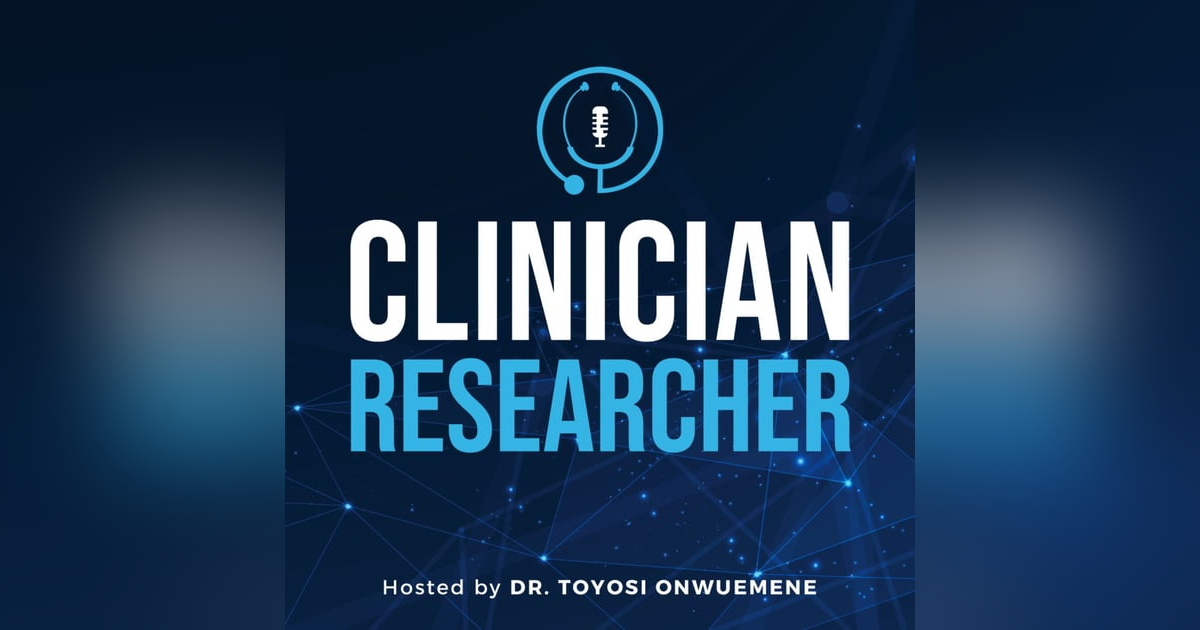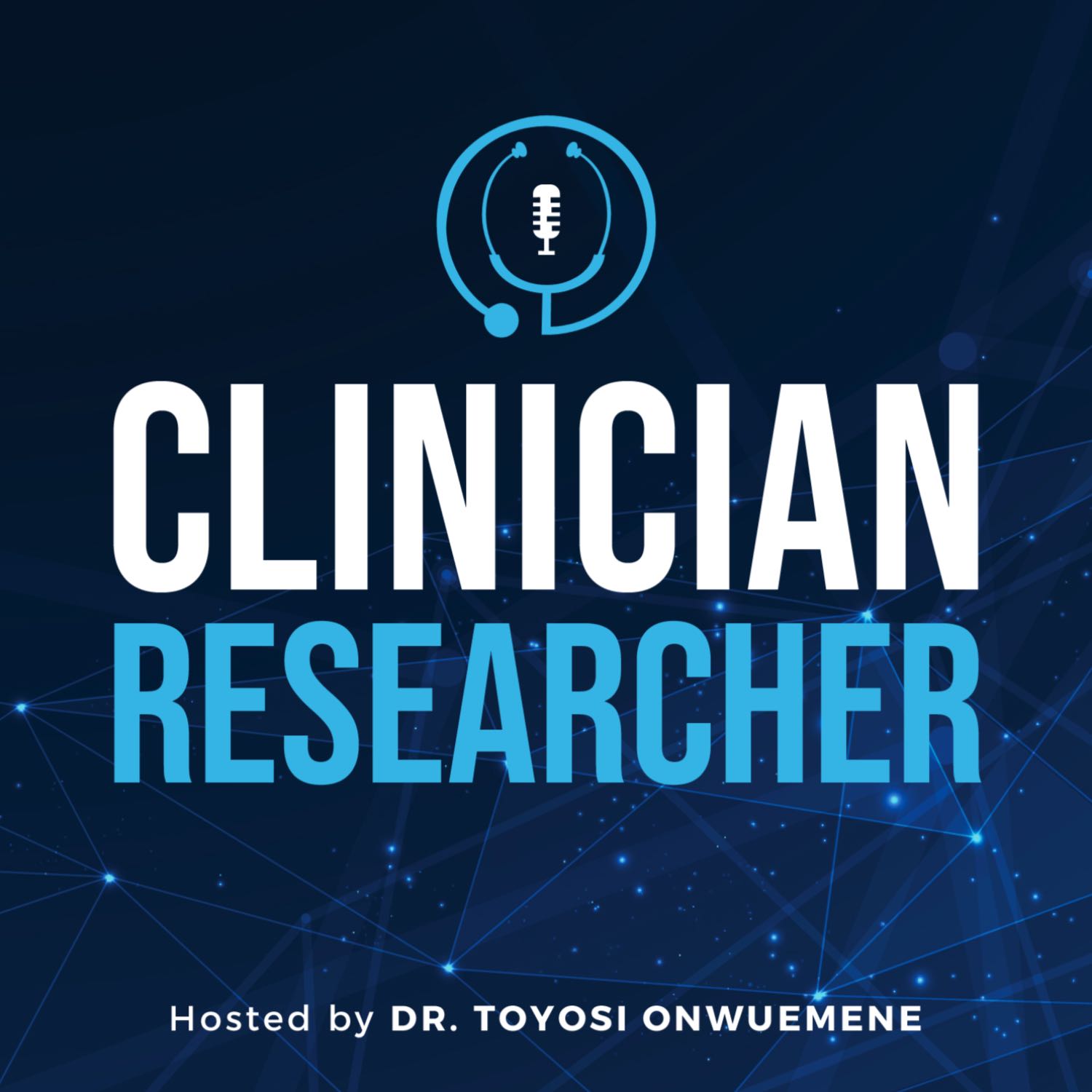Navigating research growth stages


In this episode we explore the journey from aspiring researcher to leading a research program is explored in depth. Reflecting on the dynamic and sometimes nonlinear stages of growth in an academic research career, the conversation outlines the transformative process of evolving into a research leader and embracing a focused area of contribution.
Key Discussion Points:
- The Call to Lead
- The decision to lead a research program extends beyond general scholarship, representing a distinct choice to direct new knowledge creation. This phase involves recognizing a personal call to contribute at a foundational level, often requiring a pivot from clinician-focused work to knowledge-generation that informs future patient care.
- Answering the Call
- Moving from desire to action is not always straightforward; it requires examining motivations and assessing the costs and benefits of a research-focused path. This section discusses considerations such as time, energy, and commitment, and emphasizes the importance of understanding the personal sacrifices that might accompany this professional shift.
- Finding the Right Environment
- Success in research often hinges on a supportive environment. Mentorship plays a critical role, not just in guidance but in providing resources and a community of learners at various stages. A supportive culture is essential for clinicians balancing patient care and the demands of a research trajectory.
- Building Theoretical Knowledge
- Theoretical knowledge provides the foundation for informed, impactful research. Whether gained through formal coursework or practical lab and research meeting experiences, this phase equips researchers with the critical thinking skills necessary for refining hypotheses and structuring investigations.
- Developing General Skills
- Early stages in research often involve broad skill-building across various methodologies. This episode details the importance of gaining practical experience and aligning personal strengths with research activities, all while maintaining a mindset open to growth and evolving focus areas.
Who Should Listen: This episode is invaluable for clinicians considering a deeper engagement in research, as well as for mentors supporting early-career researchers. It offers tools for recognizing one’s own call to research and for fostering a growth-centered mindset through each unique stage of the journey.
Takeaway Message: Research leadership is a dynamic journey of self-discovery, professional refinement, and focused contribution.
Sponsor/Advertising/Monetization Information:
This episode is sponsored by Coag Coach LLC, a leading provider of coaching resources for clinicians transitioning to become research leaders. Coag Coach LLC is committed to supporting clinicians in their scholarship.
Looking for a coach?
Sign up for a coaching discovery call today: https://www.coagcoach.com/service-page/consultation-call-1





